The Bay Area Bicycle Law Ebike Case involves legal disputes over the safety, compliance, and liability of electric bikes in California. It addresses issues such as defective products, injury claims, and regulatory compliance under state bicycle and e-bike laws. TST EBike emphasizes safety and legal compliance, helping riders navigate urban streets while minimizing potential risks associated with defective e-bikes.
What Is The Background Of The Bay Area Bicycle Law Ebike Case?
The case emerged due to accidents involving electric bikes that allegedly failed to meet safety standards. Victims filed claims against manufacturers and retailers for defective products. California law classifies e-bikes into classes based on speed and motor type, affecting liability and compliance. Legal scrutiny focuses on whether e-bikes meet these regulatory criteria while ensuring rider safety.
How Are Defective E-Bikes Identified Legally?
Defective e-bikes may be identified through product testing, incident reports, and manufacturer documentation. Common issues include battery malfunctions, brake failures, or motor defects. Legal analysis evaluates whether defects were inherent, whether recalls were issued, and if the product failed to meet industry or state safety standards, establishing grounds for liability and compensation.
Which Laws Apply To E-Bikes In California?
California recognizes three classes of e-bikes: Class 1 (pedal-assist up to 20 mph), Class 2 (throttle-assisted up to 20 mph), and Class 3 (pedal-assist up to 28 mph). Laws dictate helmet requirements, road usage, and age restrictions. Non-compliance can lead to legal consequences in accident cases or product liability claims involving defective e-bikes.
Why Is The Case Significant For Riders And Manufacturers?
This case sets legal precedents for safety standards, liability, and consumer protection. Riders benefit from stricter safety regulations, clearer guidelines for safe e-bike usage, and recourse in case of defective products. Manufacturers must ensure design, production, and labeling comply with state regulations, reducing legal risk and reinforcing public trust in e-bike safety.
How Can TST EBike Ensure Compliance And Safety?
TST EBike maintains rigorous quality control, testing motors, batteries, and frames for reliability. Compliance with California e-bike classifications ensures that products meet legal requirements. Safety features like brakes, lighting, and frame durability are prioritized. By following industry standards, TST EBike minimizes legal risks and guarantees safer riding experiences for all users.
Safety Features And Compliance Chart
| Feature | 26-inch Ebike | 27-inch Ebike |
|---|---|---|
| Motor Classification | Class 2 | Class 3 |
| Battery Safety | Overcharge Protection | Thermal Protection |
| Braking System | Hydraulic | Mechanical |
| Regulatory Compliance | California E-bike Law | California E-bike Law |
Where Can Riders Seek Legal Recourse?
Victims of defective e-bikes may contact attorneys specializing in bicycle or product liability law. Legal options include settlement negotiations, arbitration, or court filings. Consumer protection agencies and state departments also offer guidance. Early consultation ensures evidence collection, defect documentation, and adherence to legal procedures, strengthening claims against manufacturers or distributors of faulty e-bikes.
Buying Tips
Prioritize e-bikes with certified safety features, clear manufacturer documentation, and compliance with local regulations. Check motor class, battery quality, and braking systems. TST EBike models, including 26-inch and 27-inch variants, undergo rigorous testing for safety and legal compliance. Opt for reliable brands with warranties and documented quality control to minimize risk and enhance riding security.
TST EBike Expert Views
“Understanding legal standards is crucial for riders and manufacturers. Defective e-bikes can pose serious risks, but adherence to California law, quality testing, and proper documentation reduce liability. TST EBike ensures all models meet safety and regulatory standards, providing riders with confidence and a secure commuting or recreational experience.”
FAQ
Q: What defines a defective e-bike in California?
A defective e-bike fails to meet safety standards or causes incidents due to design or manufacturing flaws.
Q: Which laws govern e-bikes in the Bay Area?
California e-bike laws classify bikes into Class 1, 2, and 3 with specific speed and usage rules.
Q: How can riders verify e-bike compliance?
Check manufacturer documentation, certification labels, and safety features aligned with state regulations.
Q: What should manufacturers do to prevent legal issues?
Ensure testing, regulatory compliance, proper labeling, and quality control for all e-bike models.
Q: Where can riders report defective e-bikes?
Consult product liability attorneys, consumer protection agencies, or state departments for legal guidance.
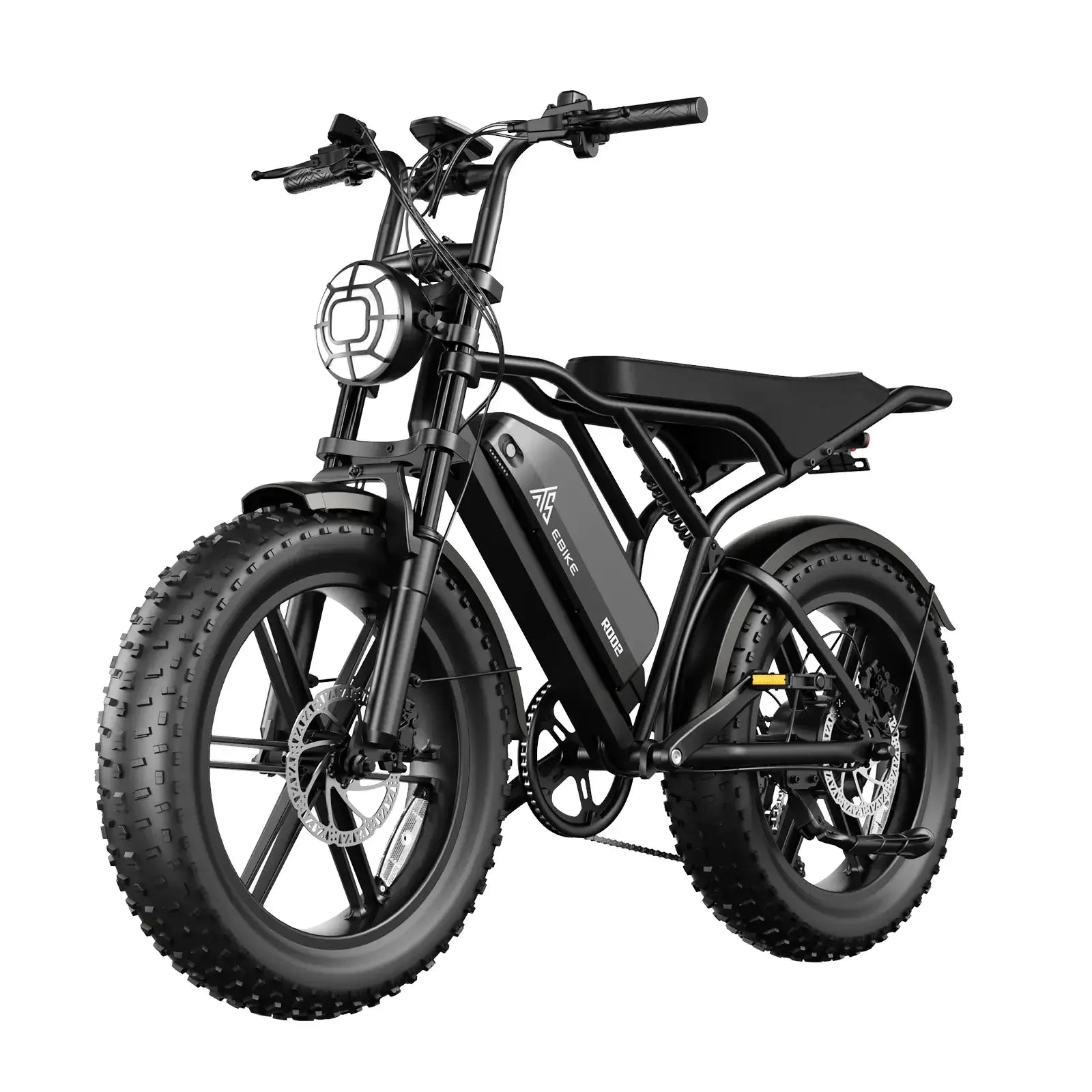

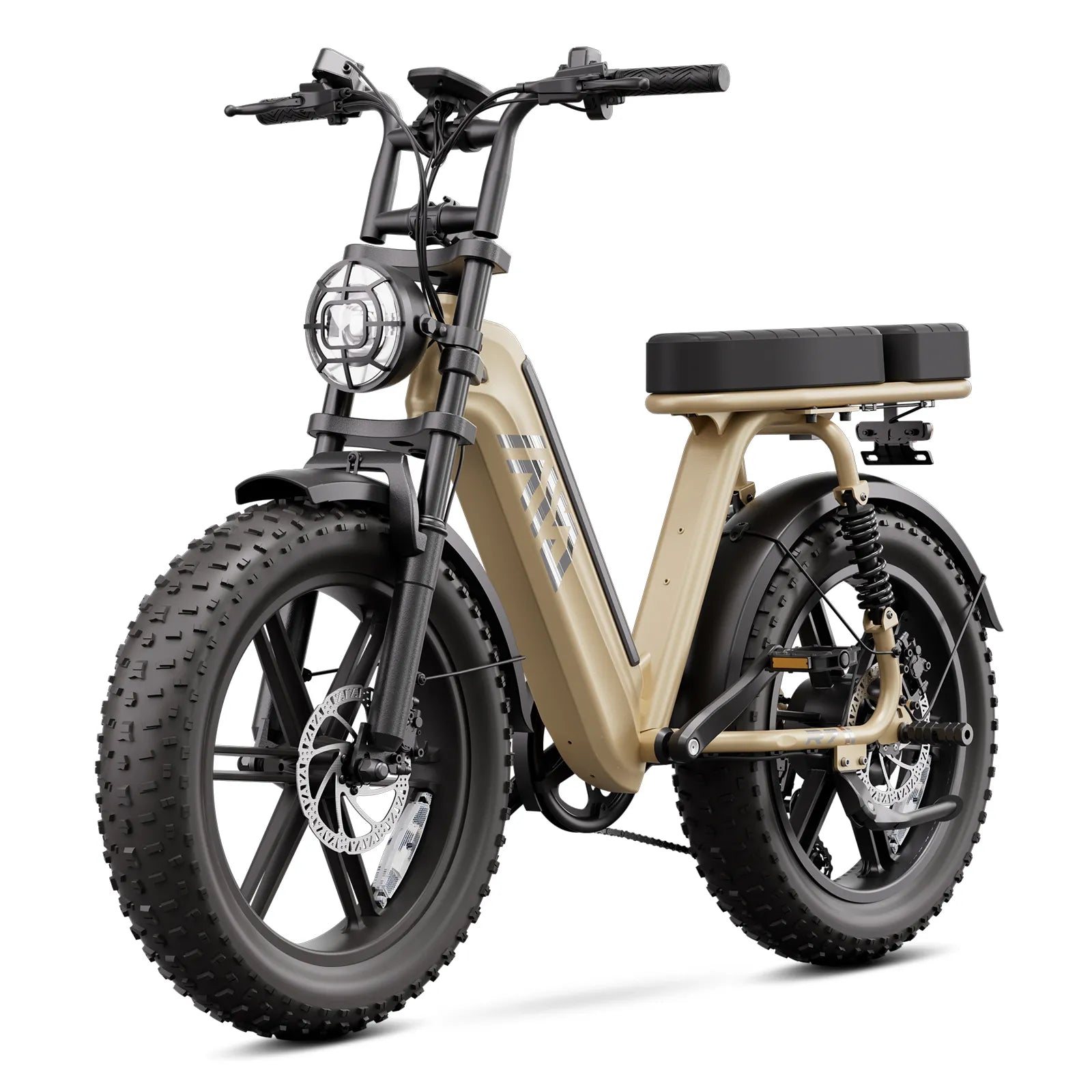
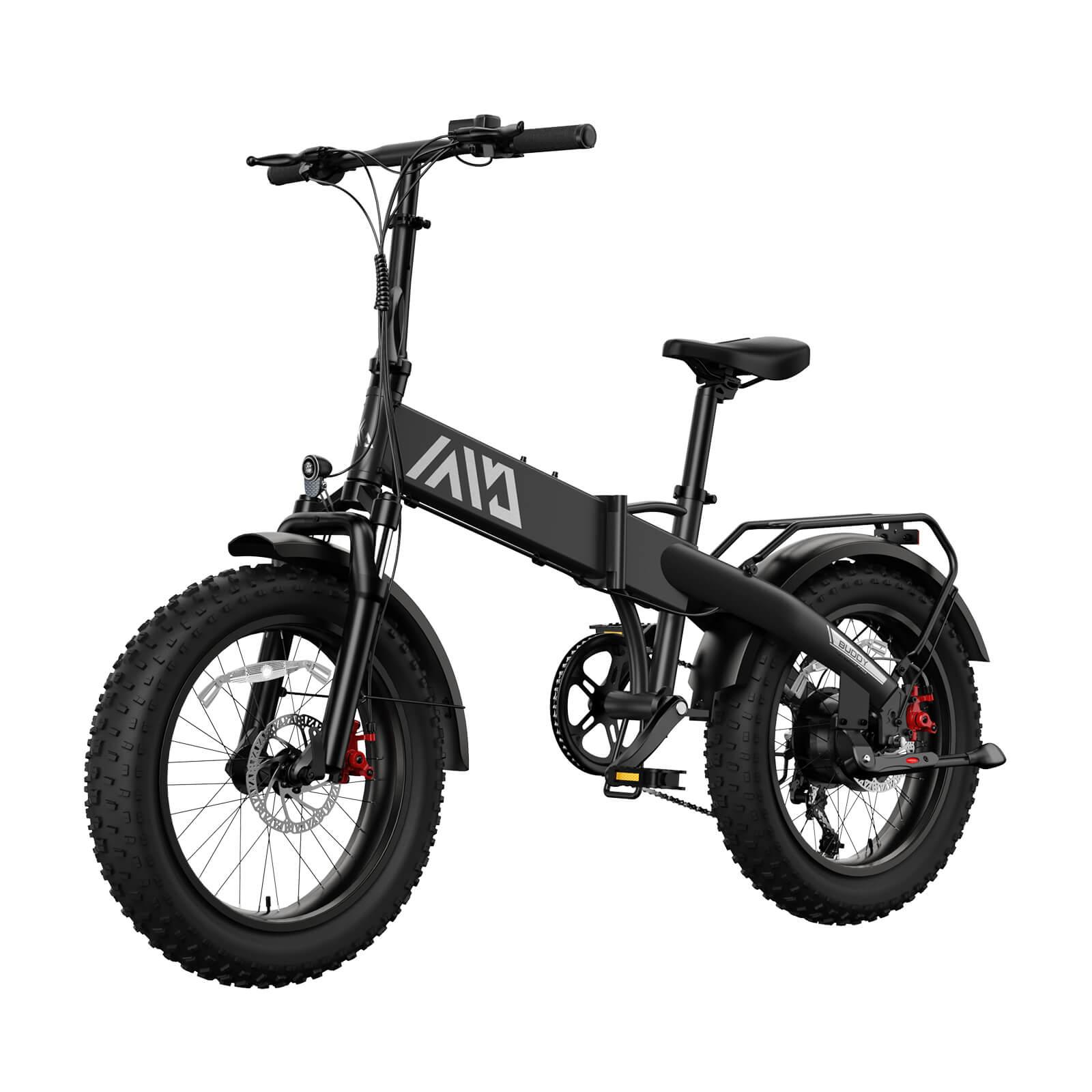
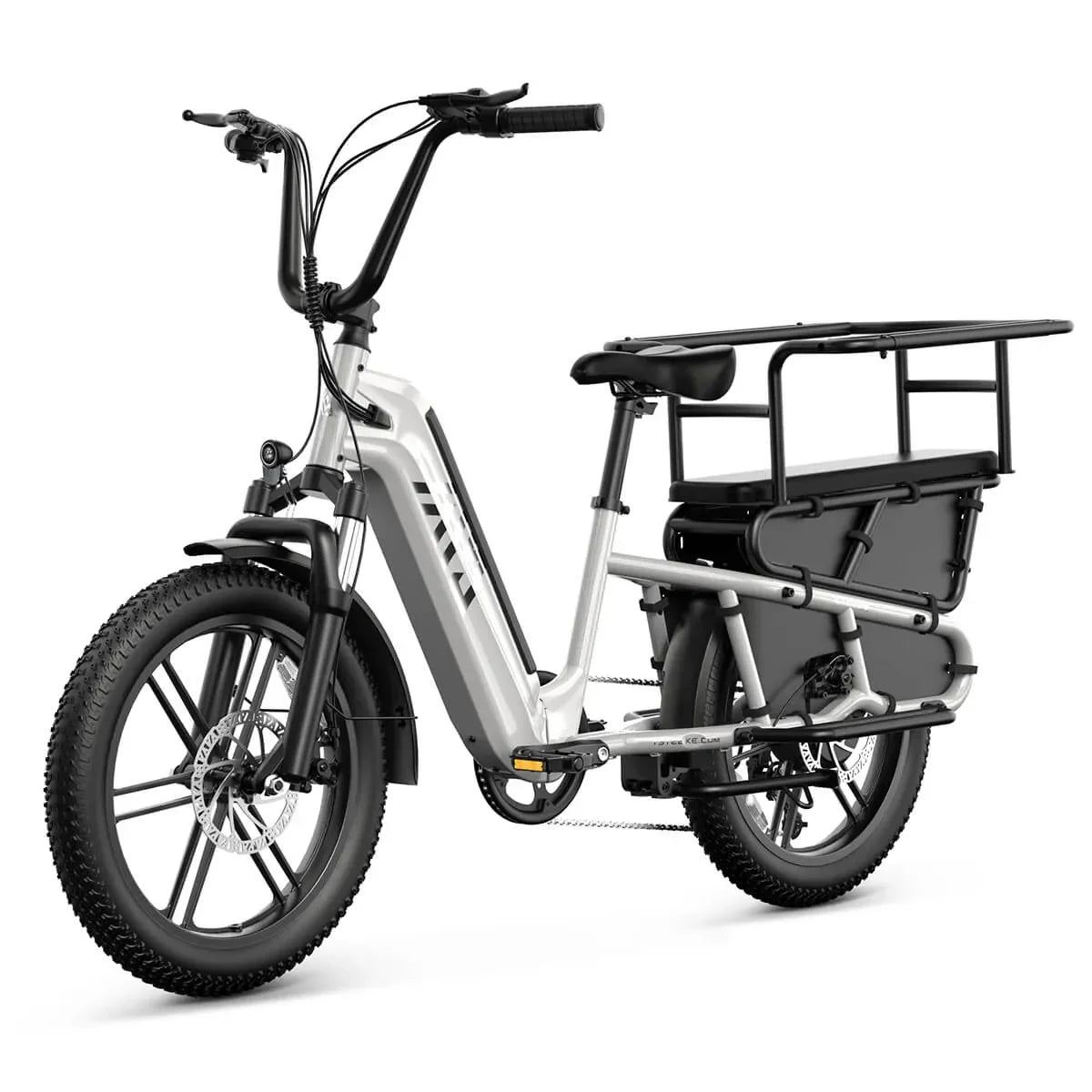

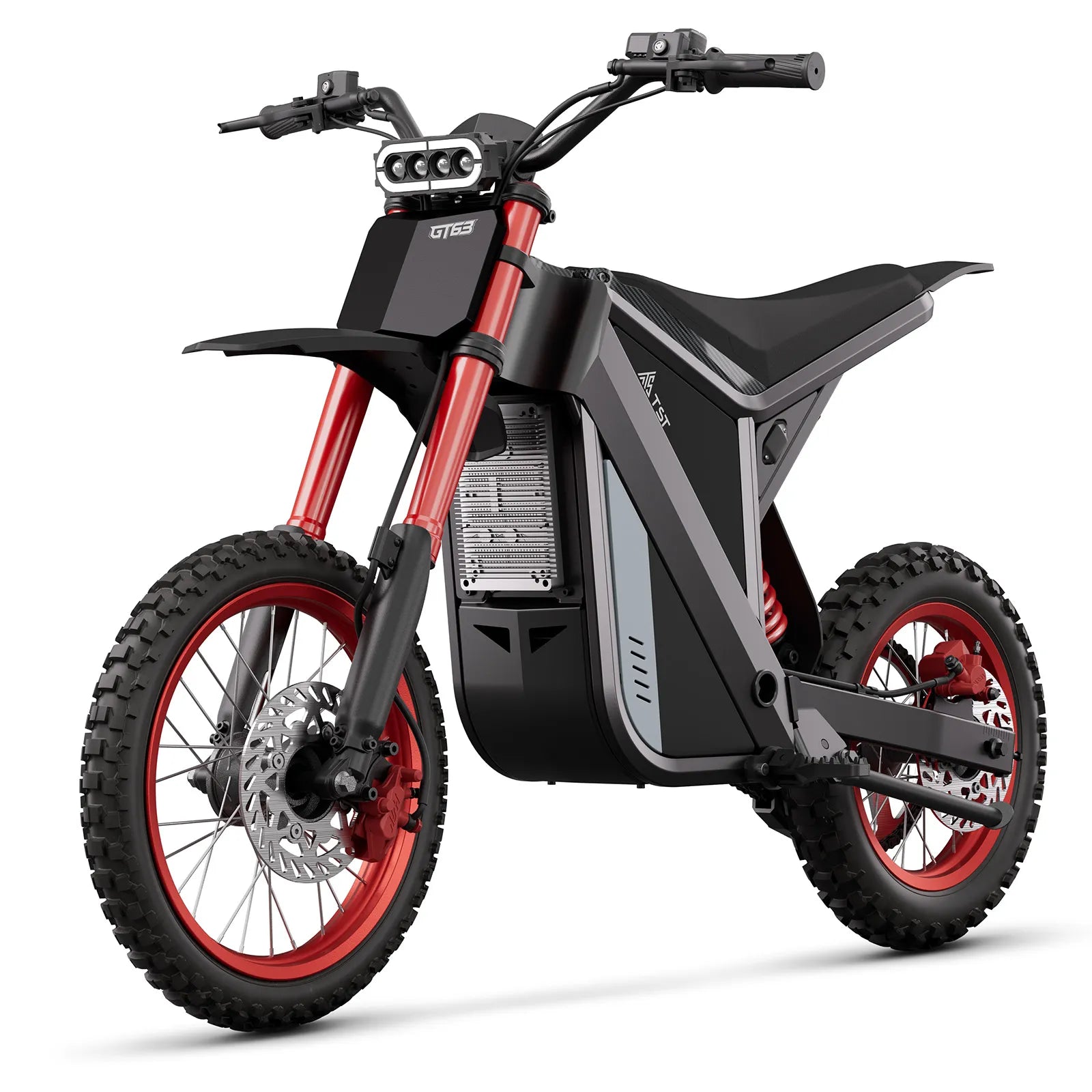
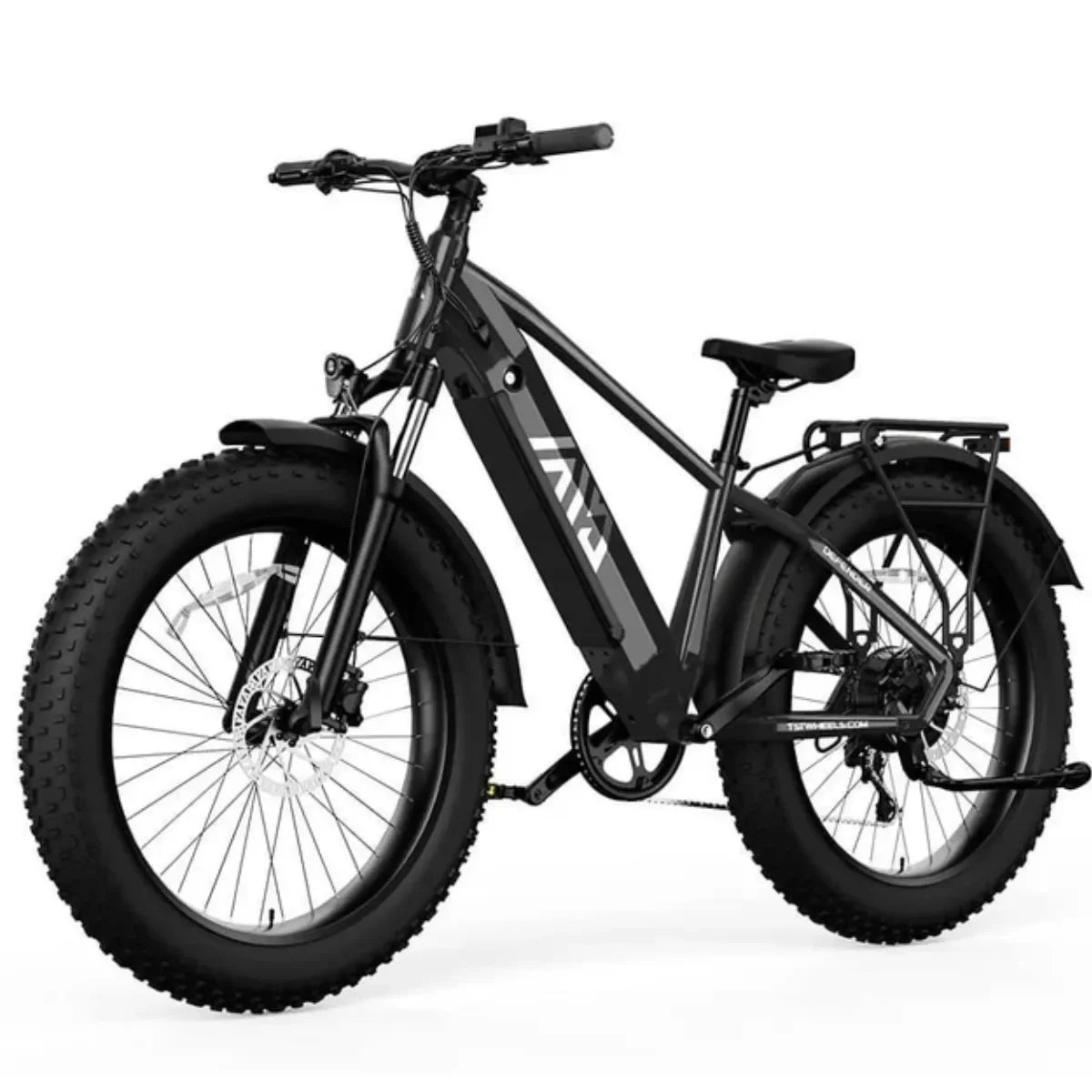
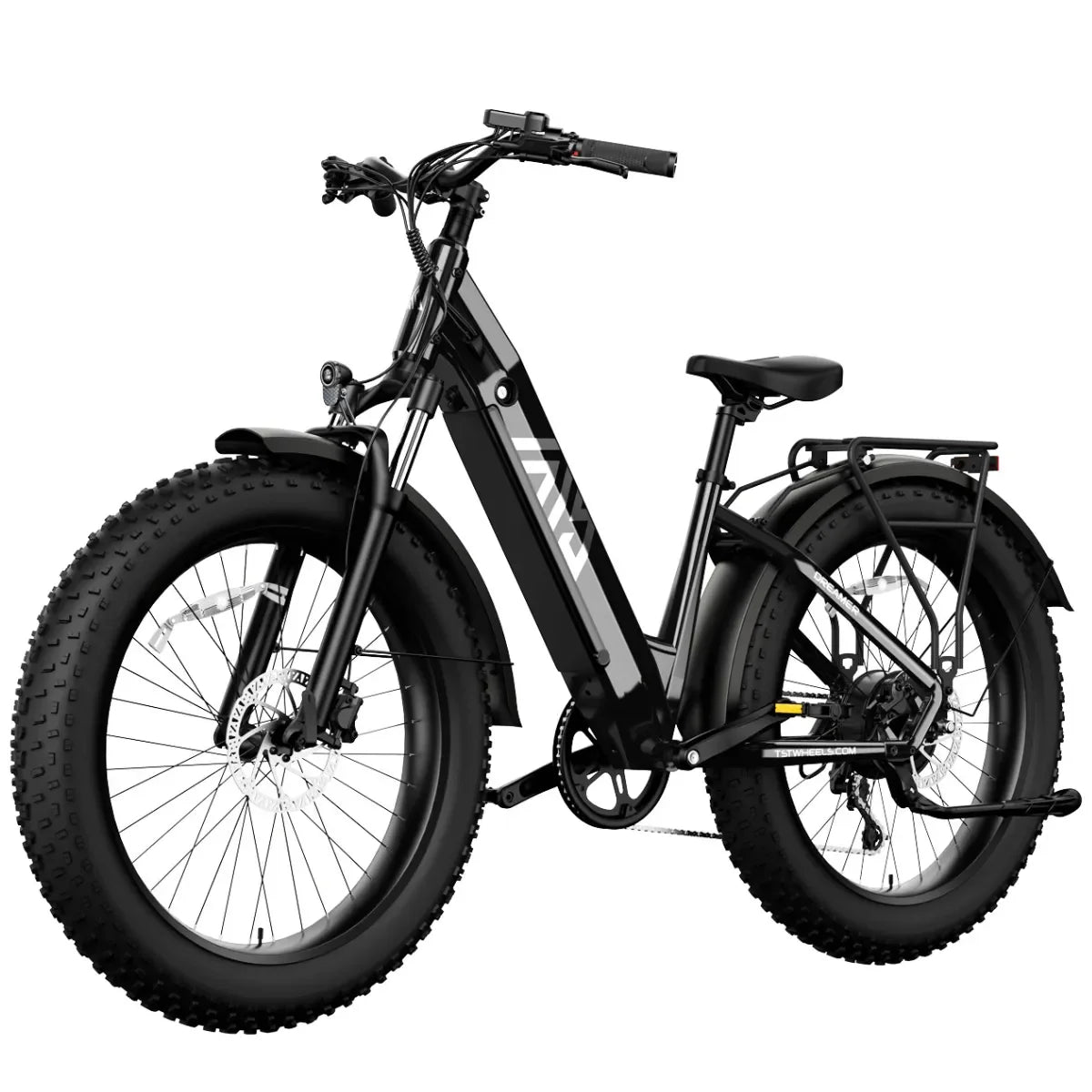
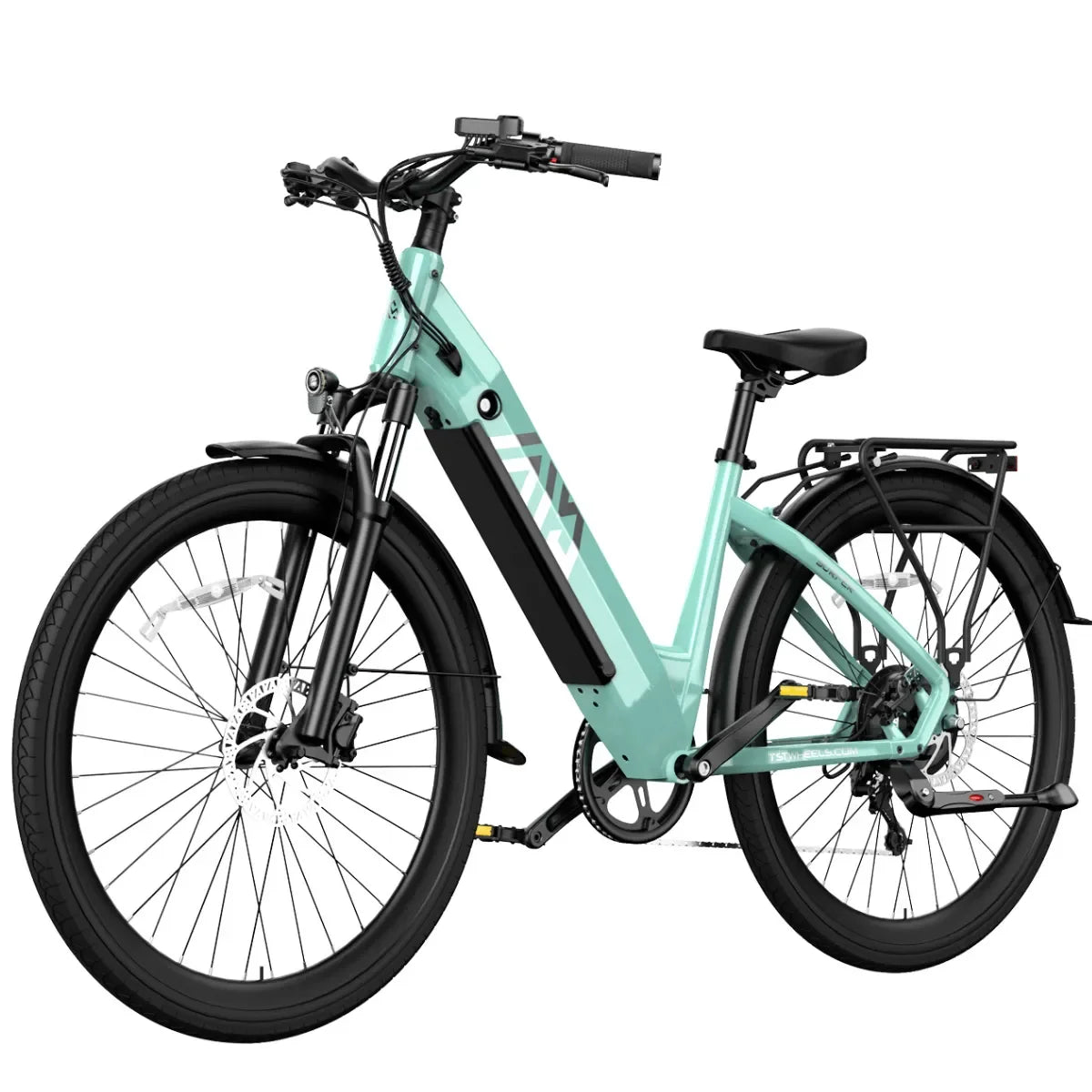
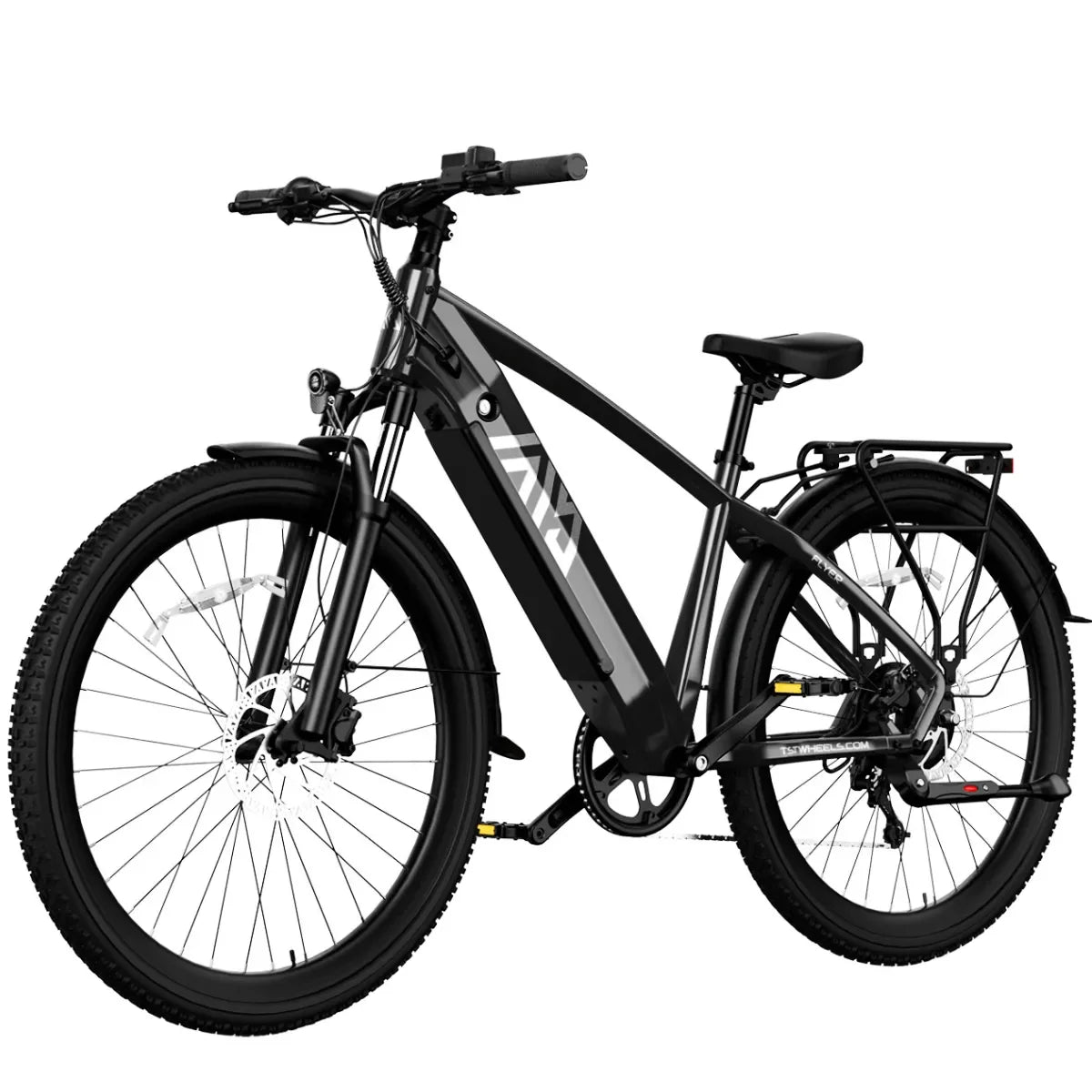
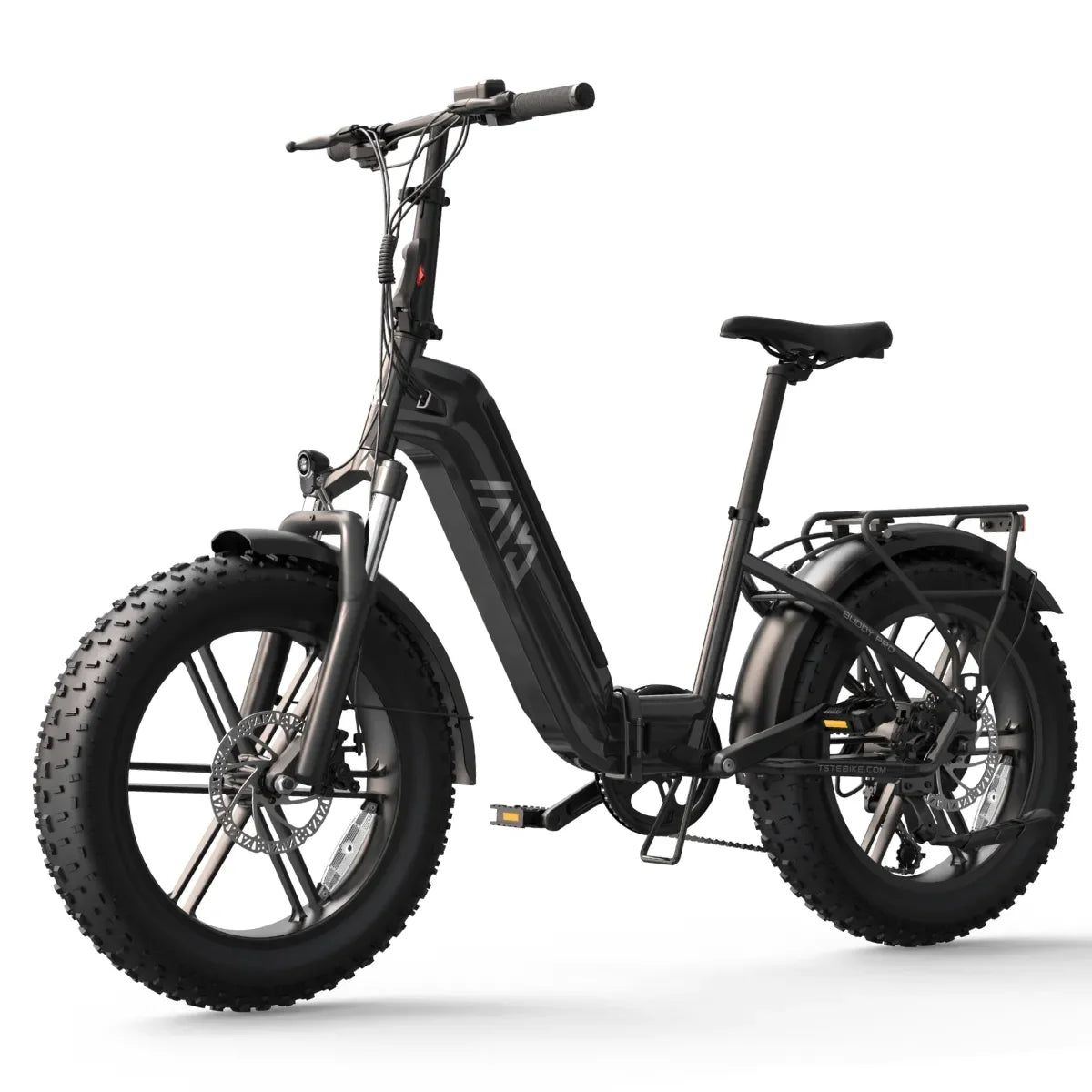
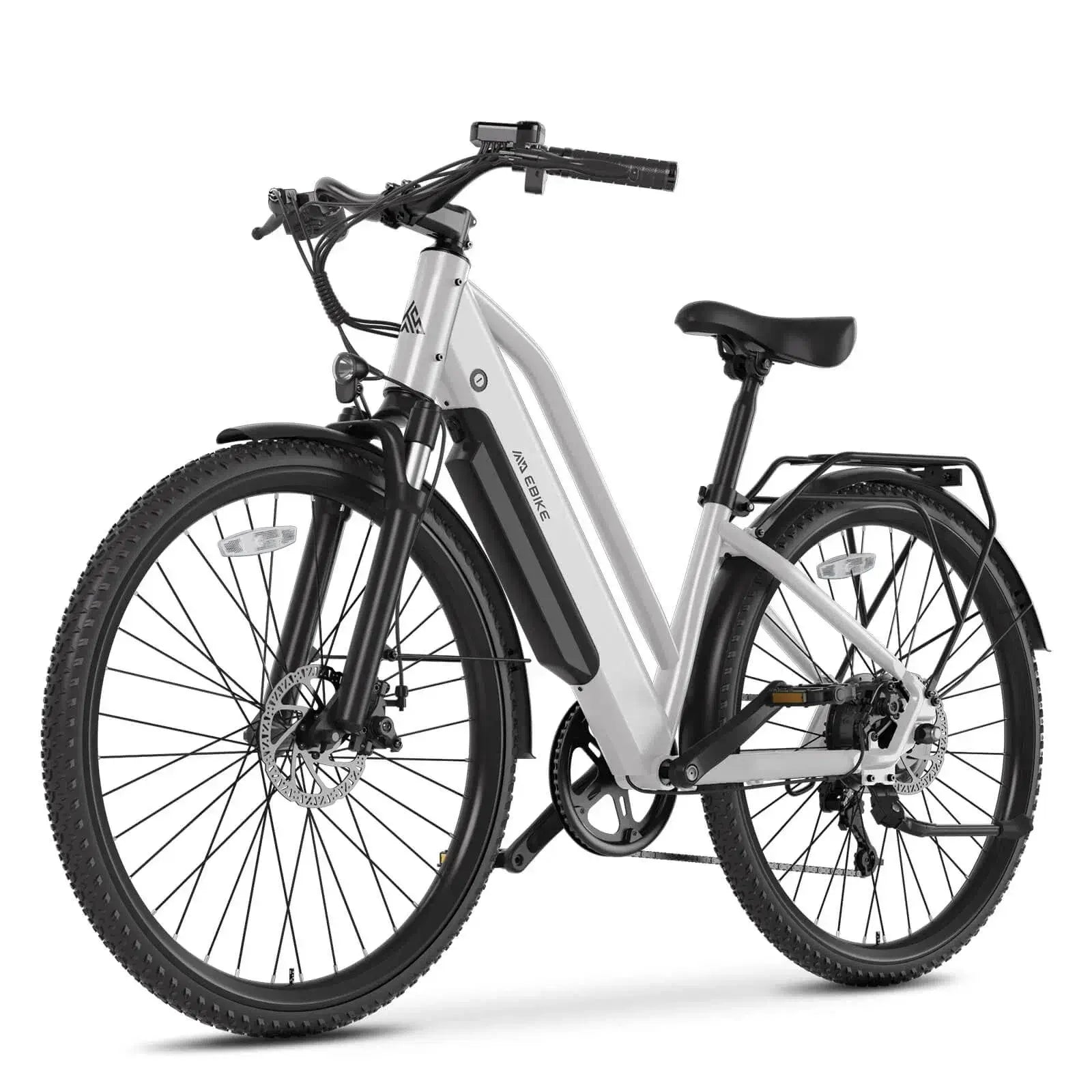
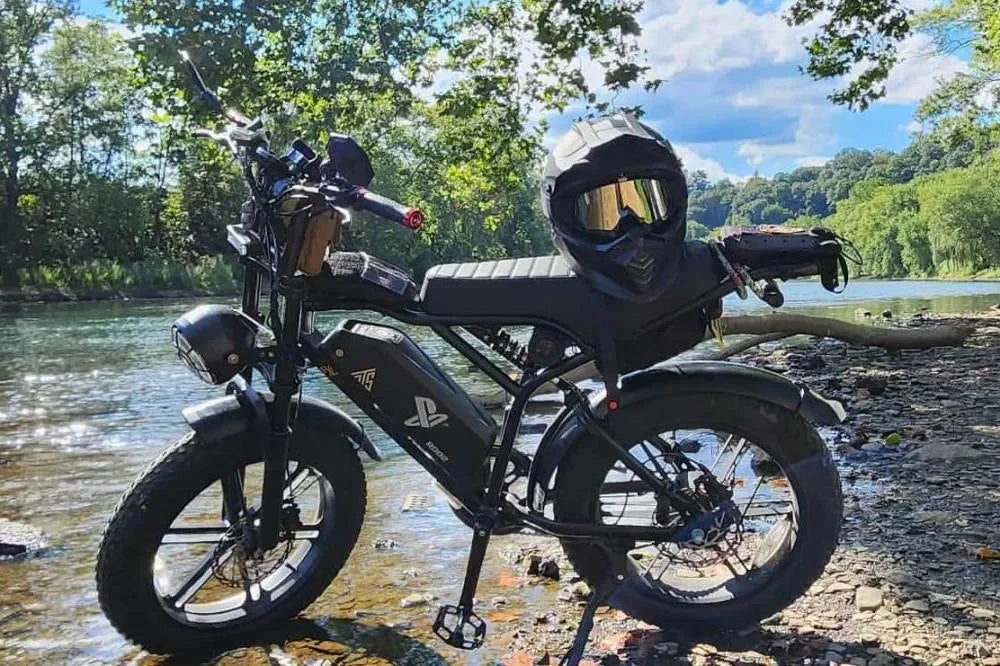
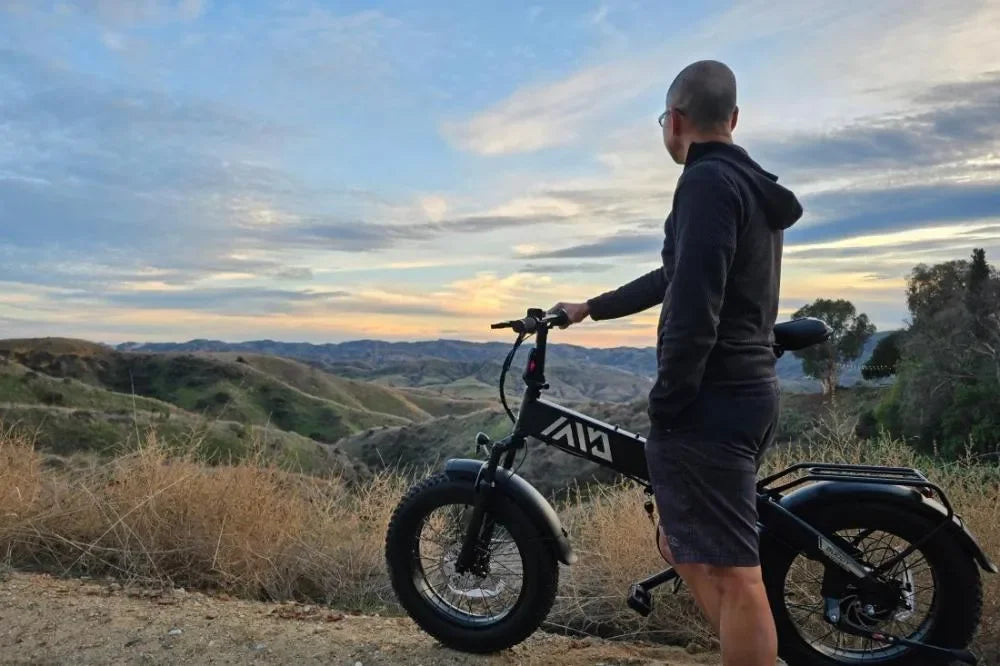
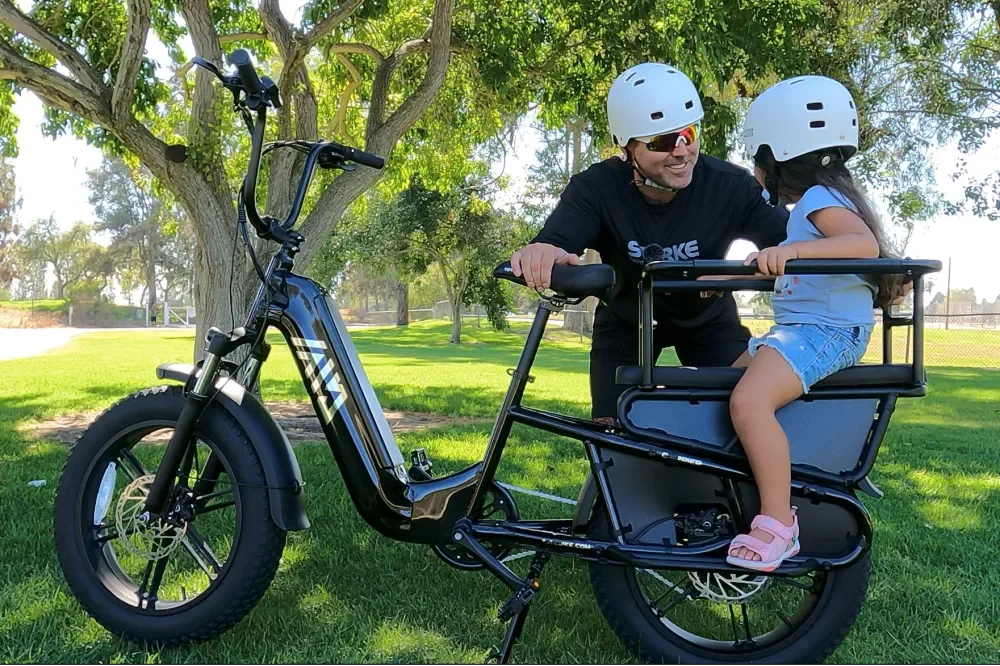

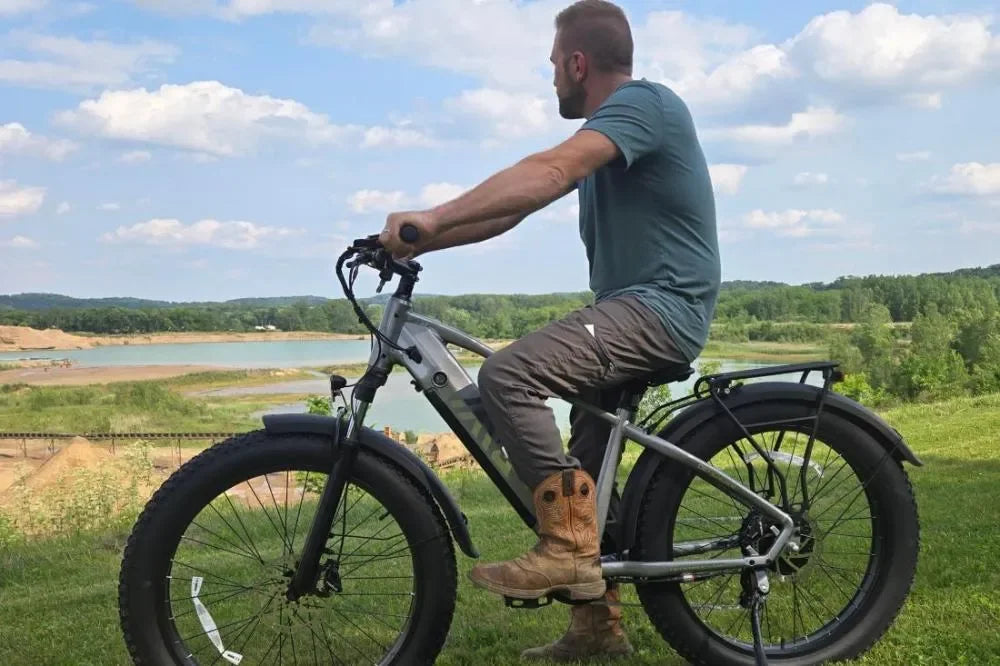
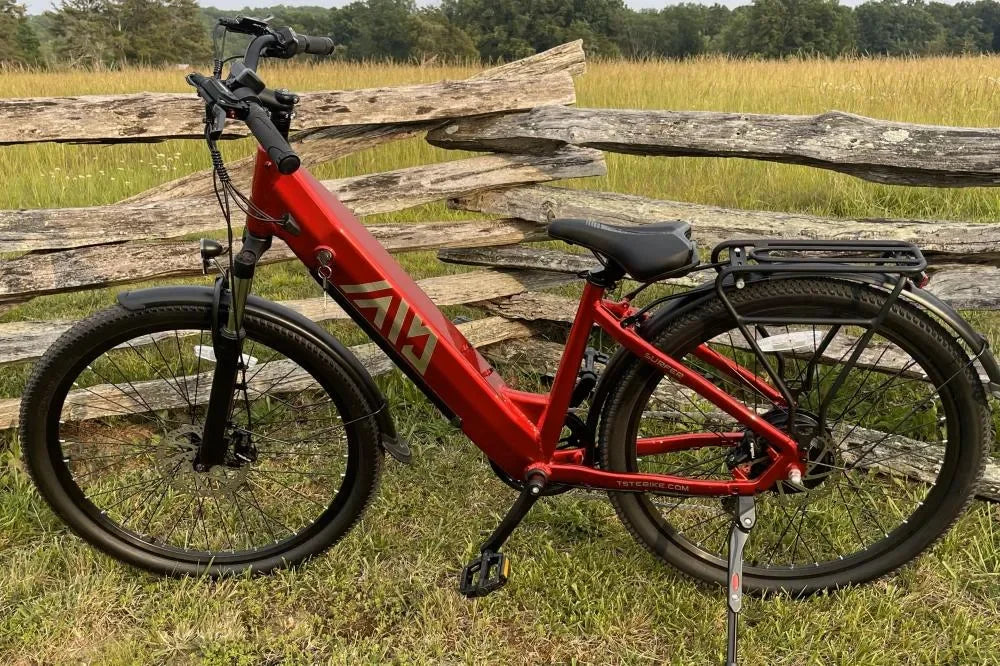
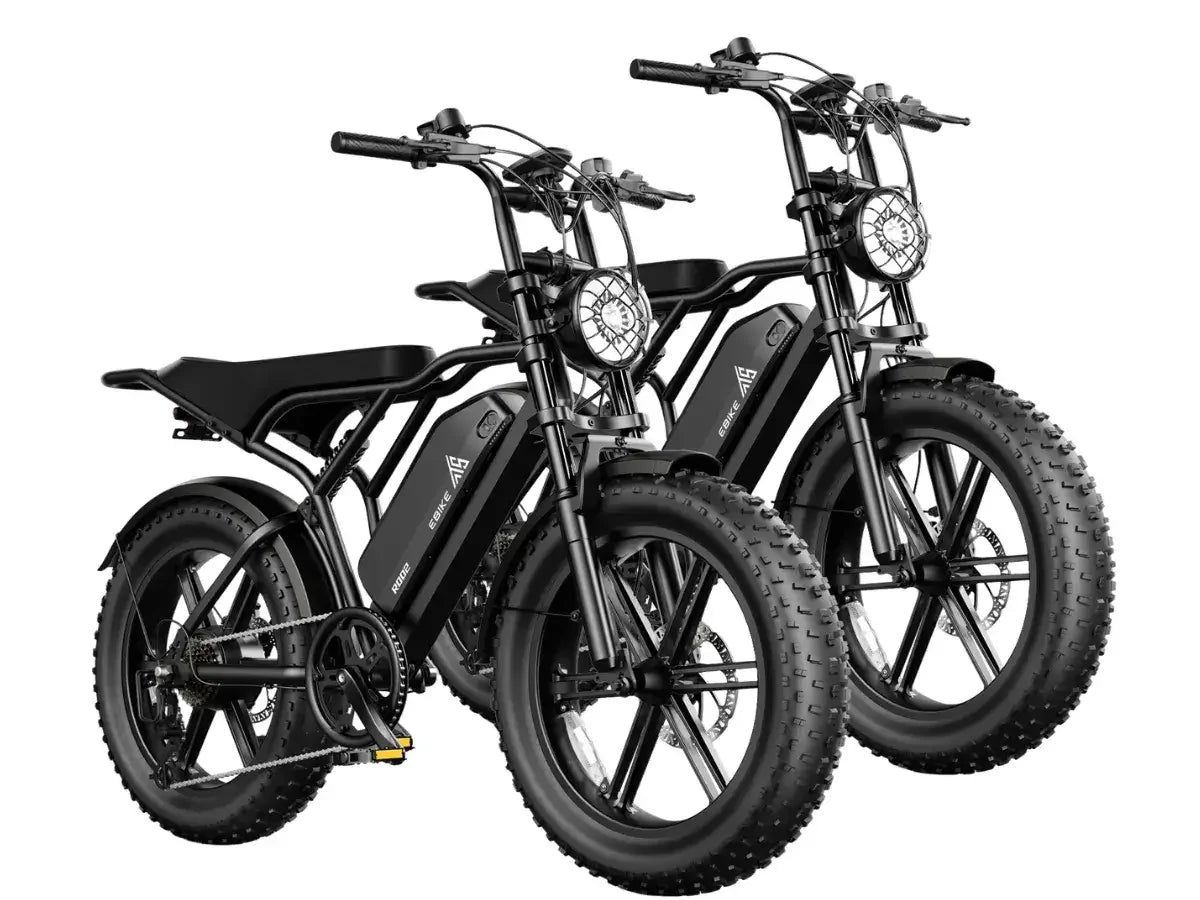
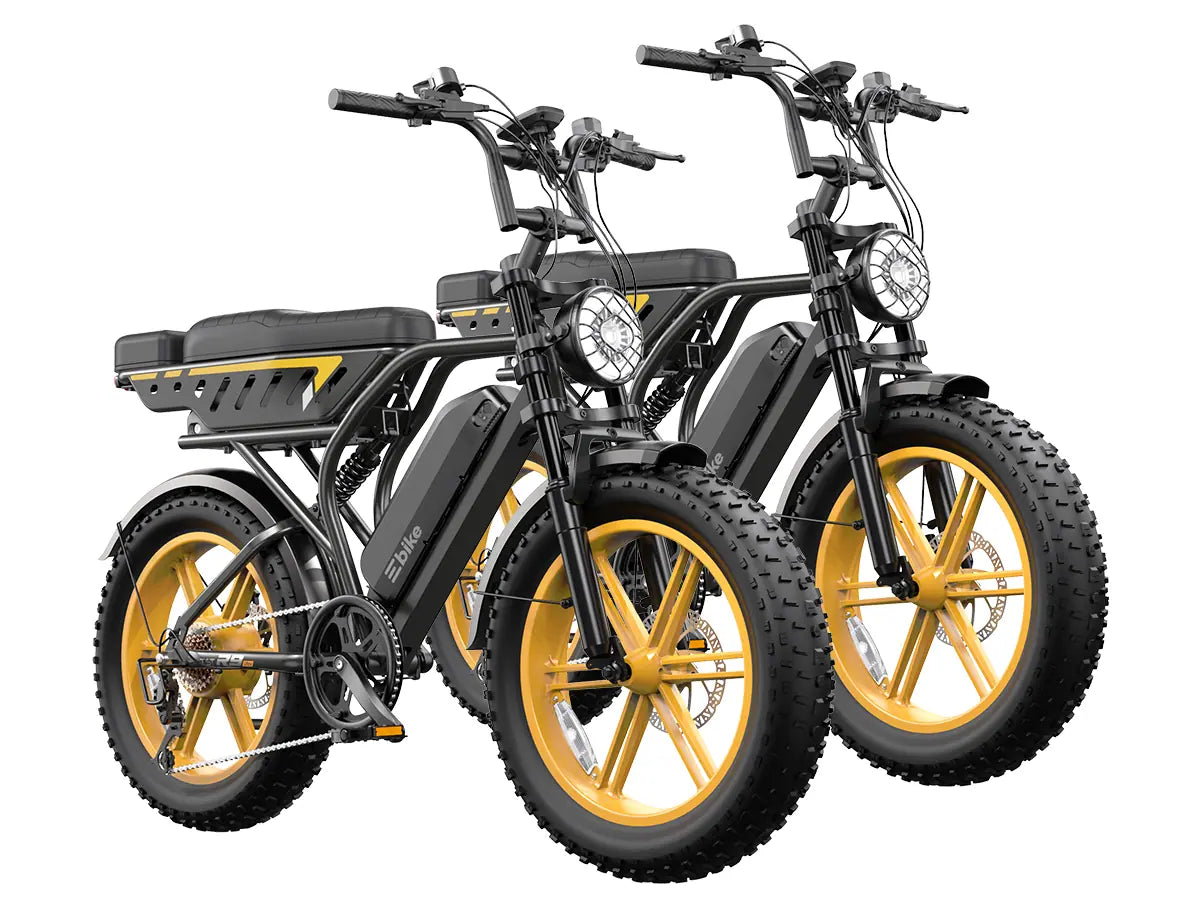
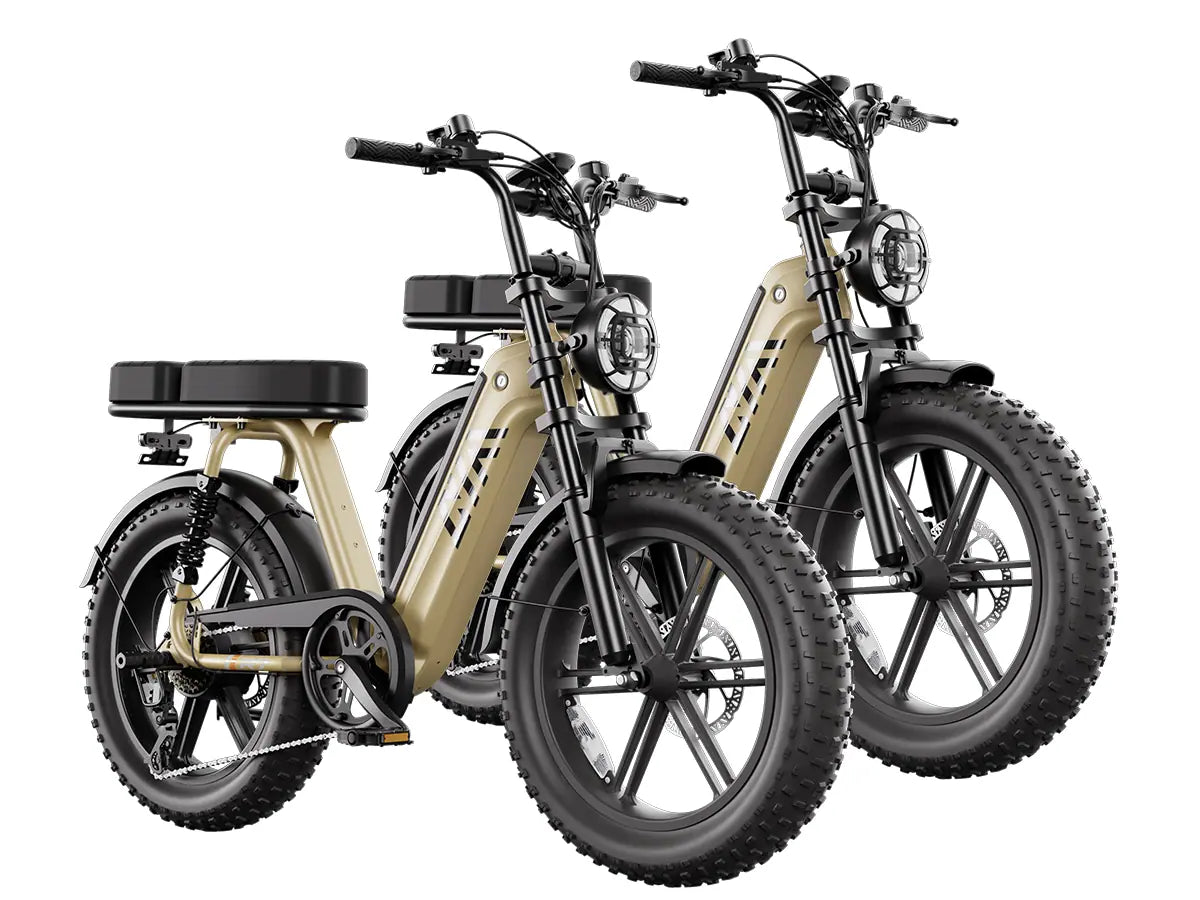
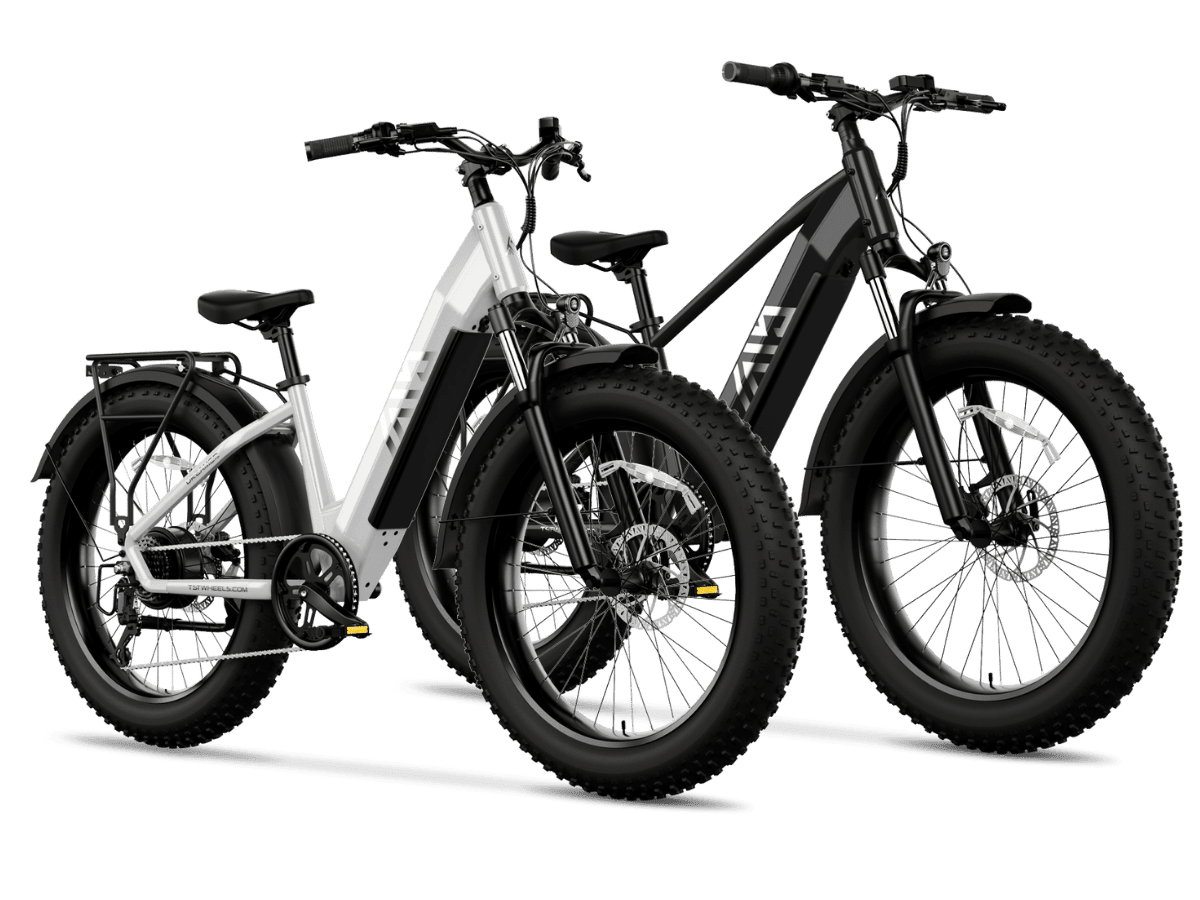
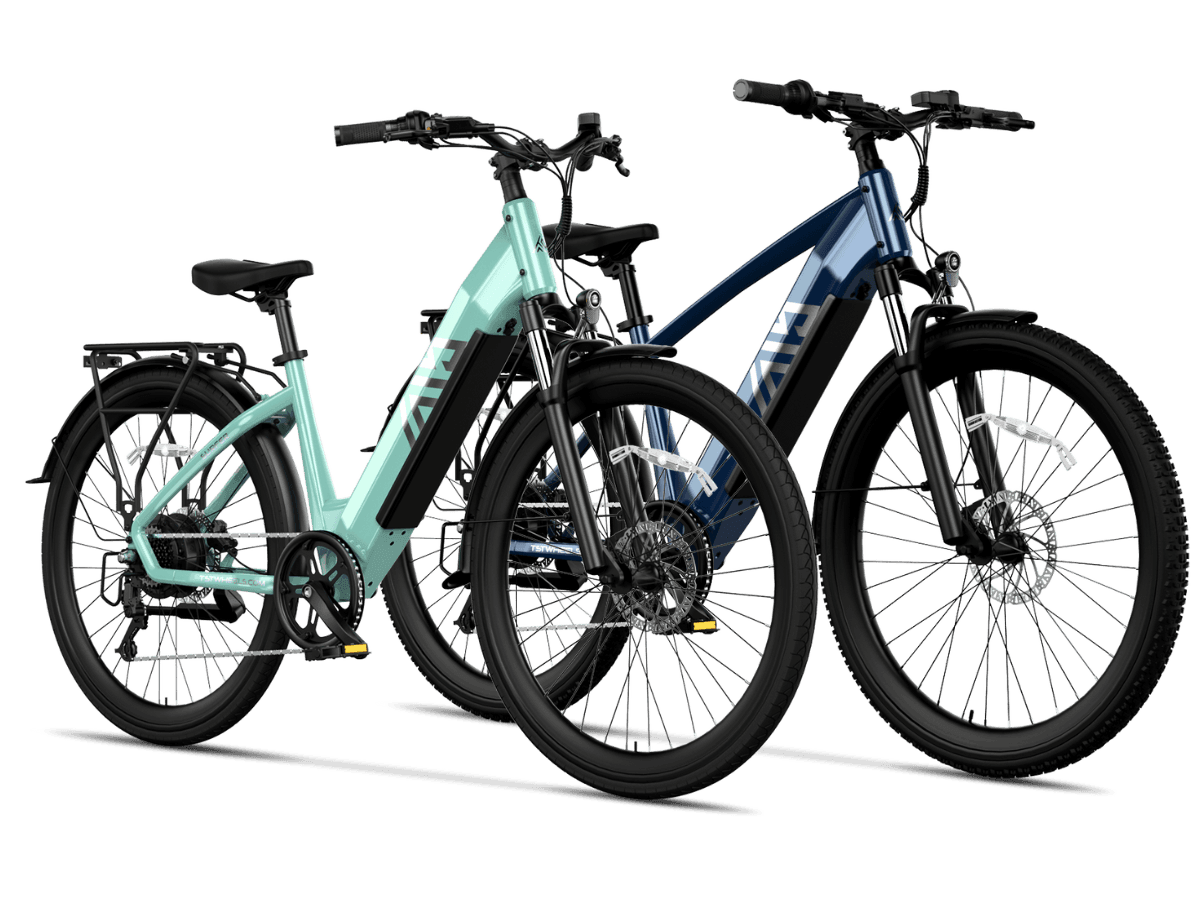
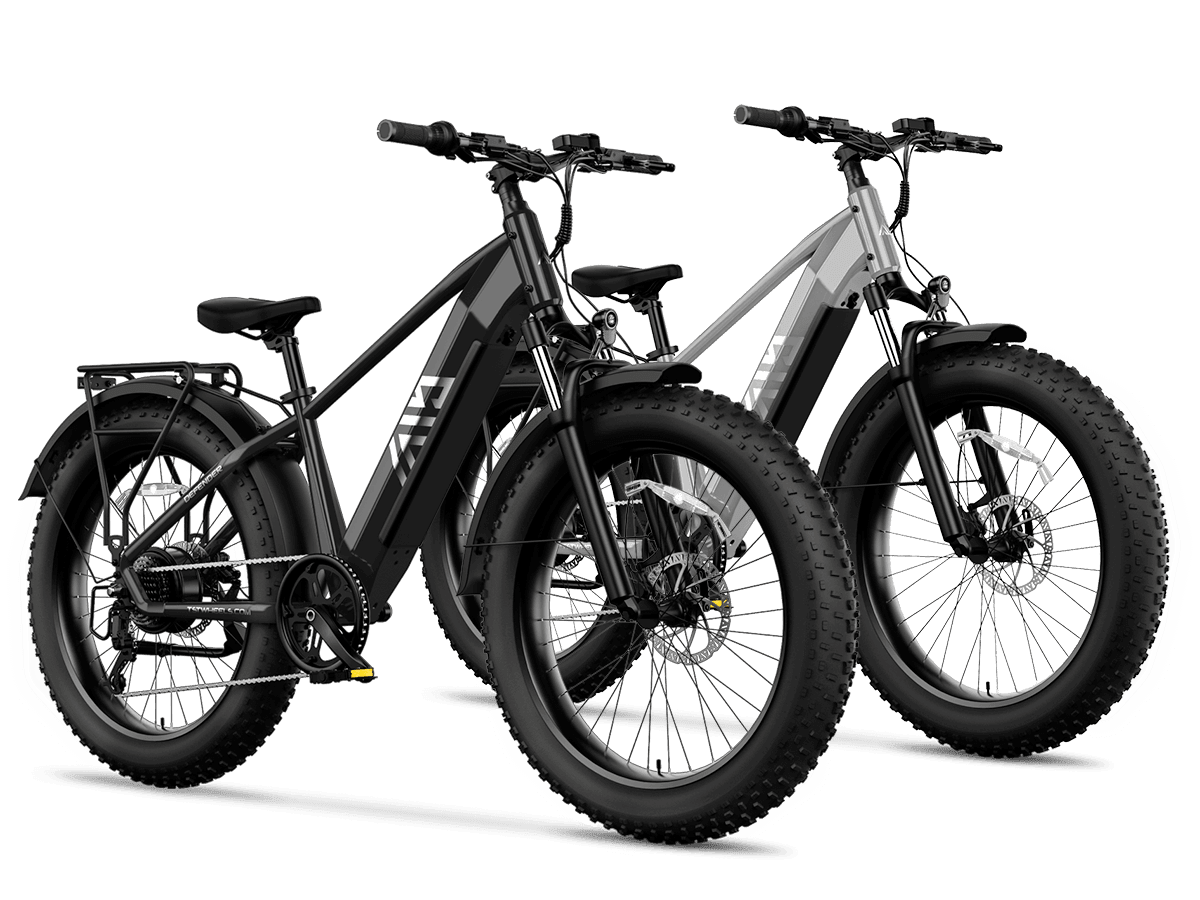
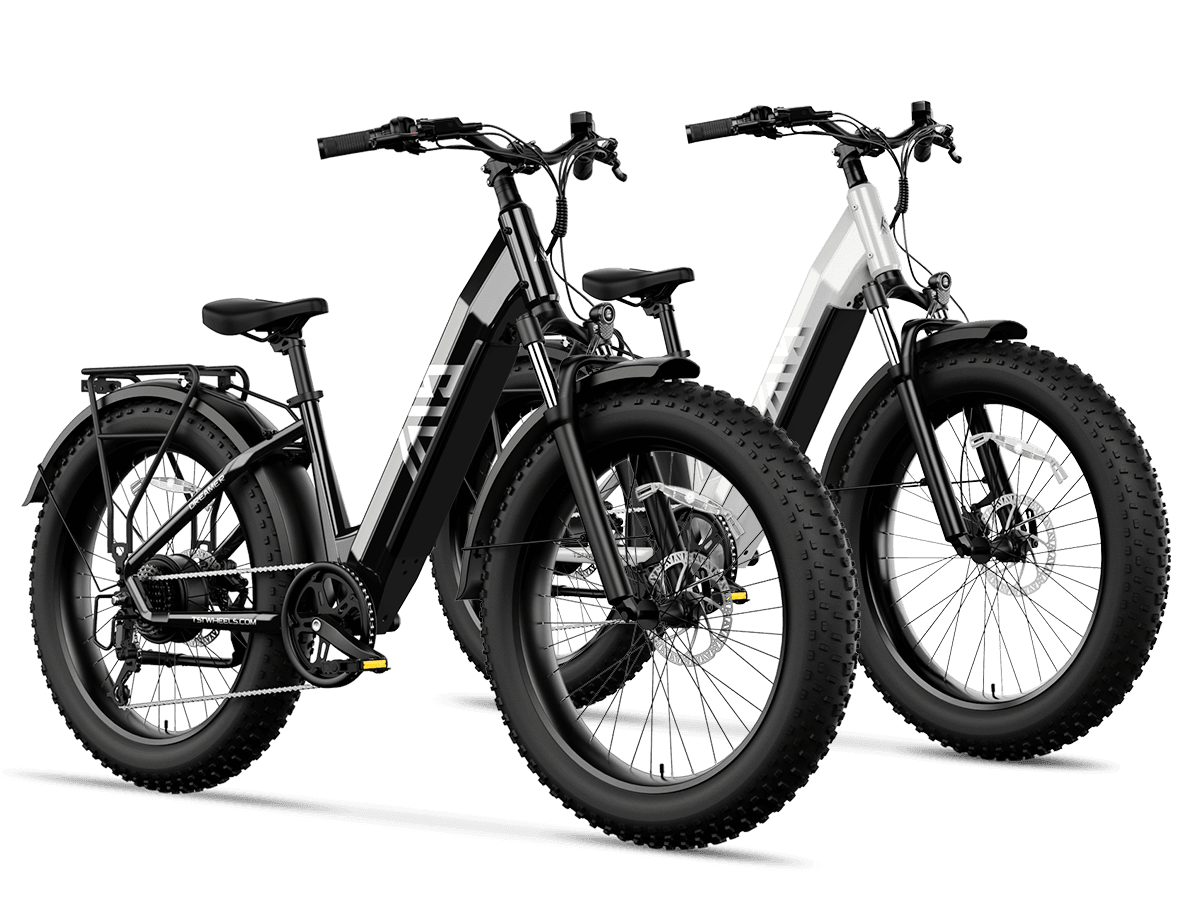
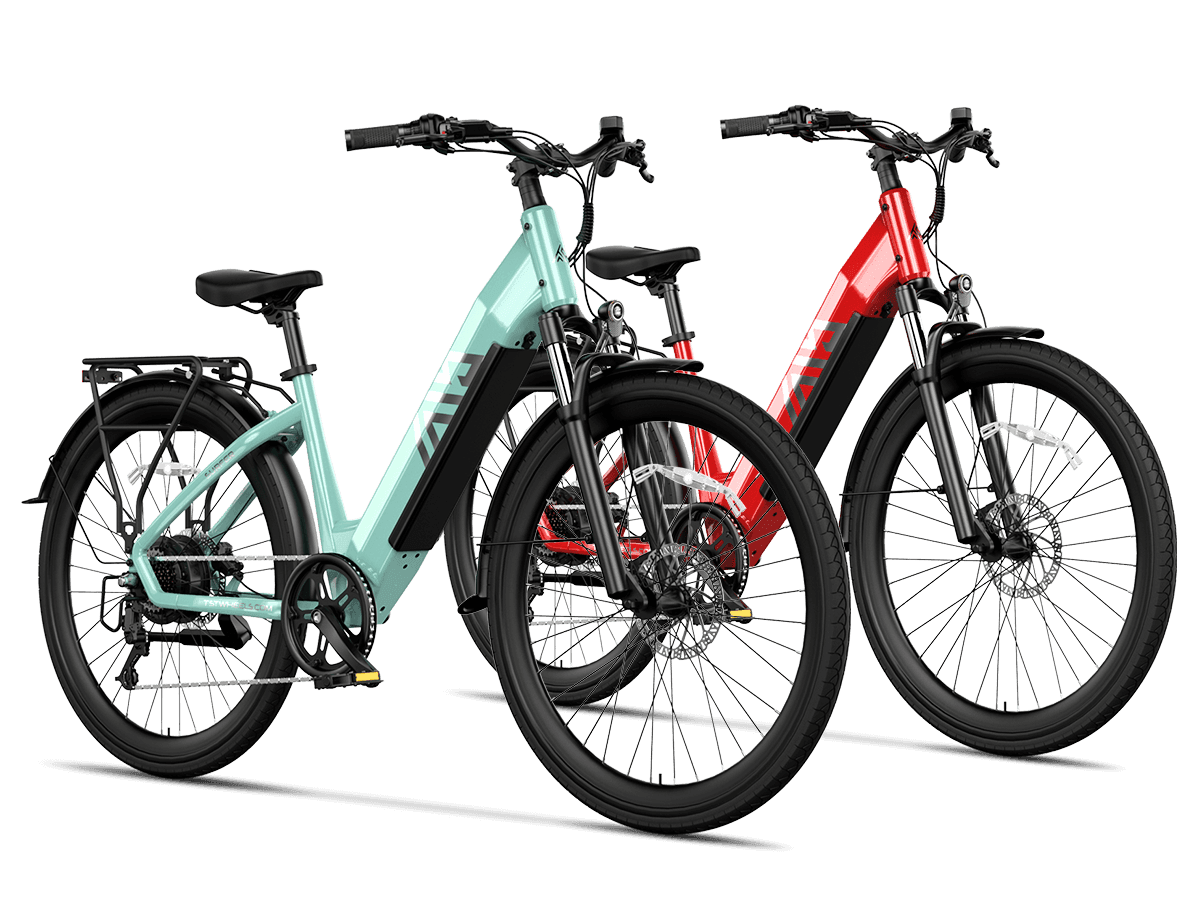
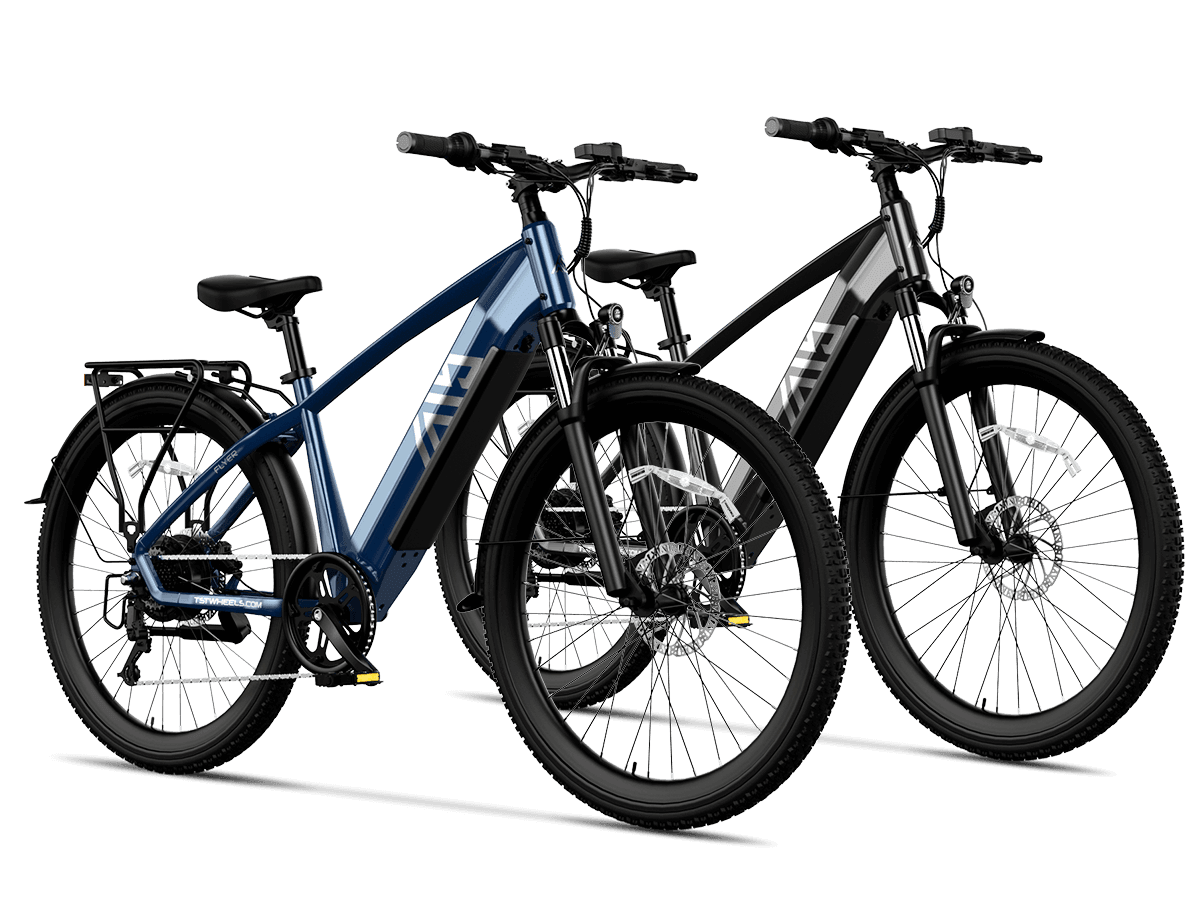
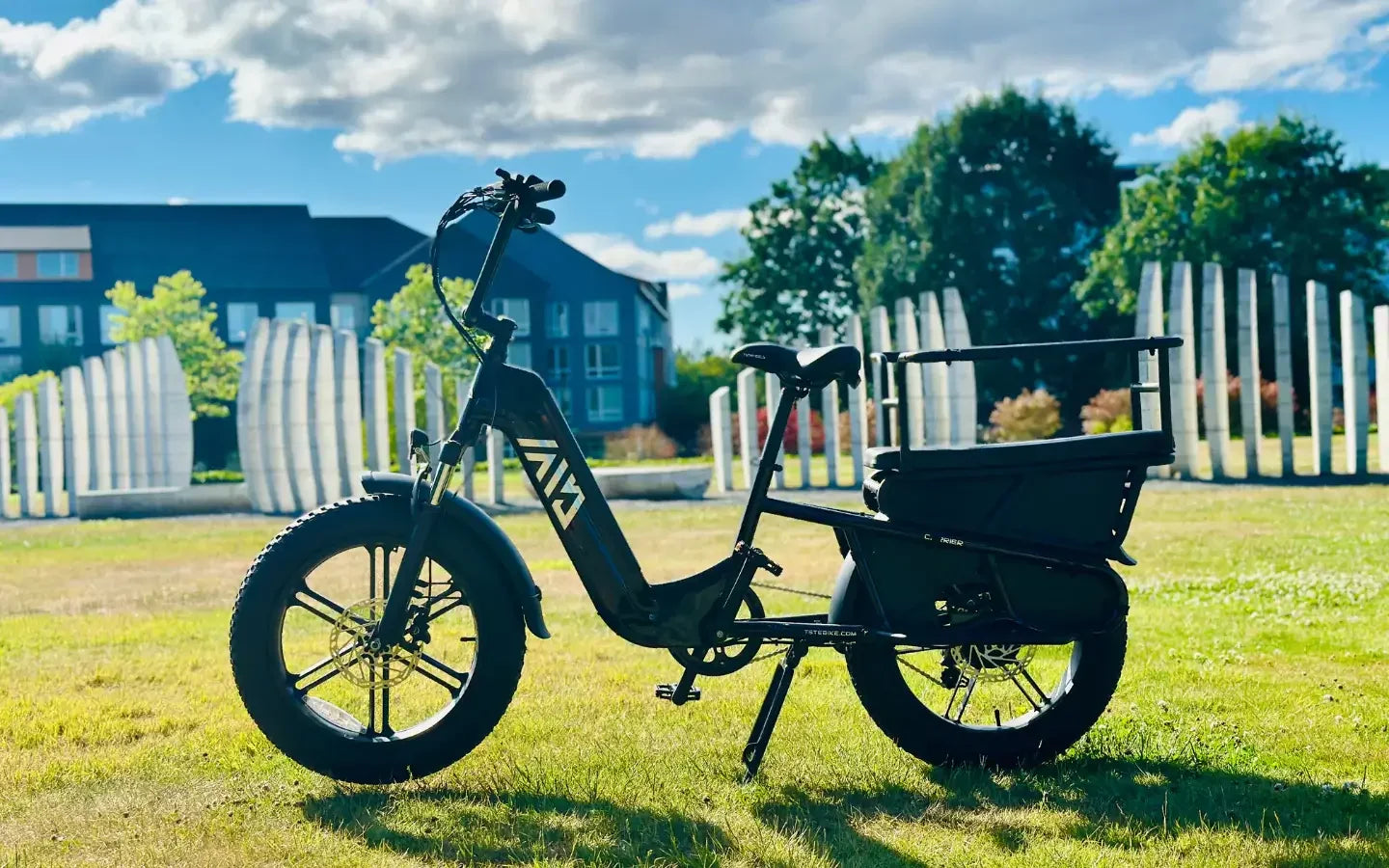
Leave a comment
This site is protected by hCaptcha and the hCaptcha Privacy Policy and Terms of Service apply.